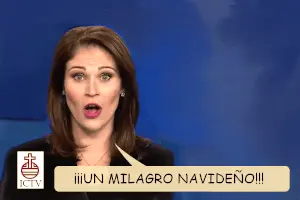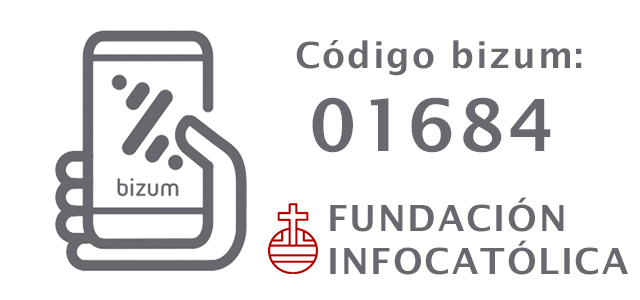CATECHISM FOR BARBARIANS. Presentation in English
Dear friends of QNTLC,
By the grace of God, in 2022 we had the privilege of offering 30 uninterrupted classes of basic Catechism entitled “Catechesis for Barbarians”, intended especially for those who did not yet know Christ or for those who had received some formation but needed reinforcement.
– “And why ‘Catechesis for Barbarians’?” some asked.
Because, following the example of St. Augustine, who wrote his De Catechizandis Rudibus, we believe that today many of us are nothing more than baptized barbarians and that, unlike our parents or grandparents, we have received a catechetical formation that is rather poor or simply “light.”
Therefore, with the proper approval of the ecclesiastical authorities, we have offered a complete course which allows, in a free and asynchronous way, to learn or review the truths of our Faith and, at the end, be prepared to receive some of the sacraments, after passing a test.
Thousands of people have taken the course, and many others asked us for its English translation so that it could reach more souls; therefore, after much editing and proofreading work, we now present the 30 lessons dubbed into English through artificial intelligence.
As an aid, we have included a series of frequently asked questions that someone might have.
FREQUENTLY ASKED QUESTIONS (FAQ)
Who can take the Catechesis for Barbarians Course?
Anyone who wishes.
Who is the Course intended for?
It is mainly aimed at the basic formation of those who have never had Catechism or of those who have forgotten it or received it poorly.
What is the content of the Course?
The course consists of 30 classes of basic catechism, divided into three parts: The Creed, The Commandments, and The Sacraments.
Who is qualified to take the final test?
Anyone who has completed the course or has the necessary knowledge to do so.
Do I need to register to take the test?
The test can be taken through the following link https://forms.gle/hQFdpnAH1oapXcw78 without prior registration.
Do I need to pay anything to take the test?
No; both the course and the test are free, although those who wish may make a contribution.
What is the passing grade for the test?
To obtain the certificate, the test must be passed with 70/100.
When will I receive the certificate if I pass?
Certificates will be sent to your email address within ten days of passing.
If I do not pass the test, how many times may I attempt it again?
The test may be attempted as many times as desired.
How will the test be graded?
The test will be corrected automatically; once finished, you will receive the grade.
If I pass the test, will I receive a certificate?
Yes; passing the test entitles you to receive an ecclesiastical certificate that attests not only to the purity of the doctrine taught but also to the manner in which its contents are imparted.
For which sacraments does the course prepare me?
The course is designed as an intensive preparation for receiving the sacraments of: Baptism, Confession, Communion, and Confirmation.
Baptism and Confirmation: what should I do if I have not received them?
To receive the sacrament of Baptism and/or Confirmation, after passing the Course and obtaining the respective certificate, one should present it to the parish priest, chaplain, or priest in charge of the church, chapel, or parish, and submit to his pastoral guidance.
Confession: what should I do if I am already baptized but have never confessed before?
Anyone who is already baptized (and is not living in a partnership or in adultery) may, after passing the course, receive the sacrament of Confession.
To make a confession, it is sufficient to make a good examination of conscience, find a confessor, and receive absolution for one’s sins.
And what about receiving First Communion?
Anyone who has already been baptized and is not living in an objective state of sin (e.g., living in concubinage with someone who is not one’s spouse before God) may, after passing the test and making a Confession with a priest, receive First Communion within Holy Mass (preferably on a Sunday).
For this, it would be advisable (though not mandatory) to inform the parish priest or the priest in charge beforehand of the day on which one may receive it.
Fr. Javier Olivera Ravasi, SE
San Francisco, CA – 9/9/2025
3 comentarios
SI en esta web el 99,9% de las personas que pasan es de lengua materna española, ¿ Qué sentido tiene hacer el post en Ingles ?
-------
Respondo: de ese 99,9% de personas cuya lengua es el español, seguramente habrá más de un católico que, por hacer una obra apostólica, enviará este post en inglés a alguien que no habla español (pero sí inglés), sugiriéndole tomar el Catecismo por primera vez o repasar el deficiente que tuvo. Bendiciones. PJOR
-------
O no.
Dejar un comentario










